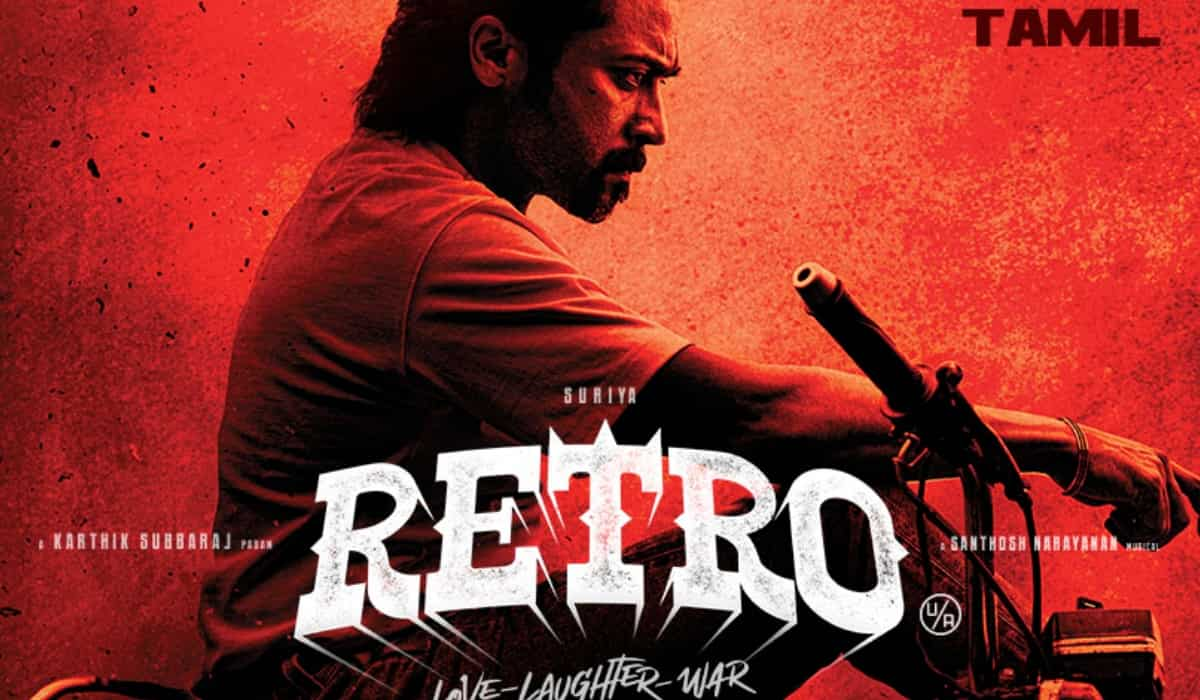
Cricket’s Battle for Britain: IPL teams push to conquer new areas
7 months ago | 80 Views
Not long back England and Australia were cricket’s first world — they had power; they controlled the game. India, during that phase, was a junior partner.
That was then. Today the wind is blowing in the opposite direction and it is India that calls the shots. It is reverse swing and the spike is the other foot now. India has cricket power — loads of it.
That India is cricket’ sun around which ICC’s member countries spin is a fact of life. India has economic muscle, reflected in its 38.5 % share of ICC’s annual revenue with second best England at 6.89. India gets a large, somewhat disproportionate, slice of the cake. Maybe - but everyone admits that without India there won’t be a cake in the first place.
Today, India controls the highways/ sea routes/ airwaves of cricket’s economy. Global events without India / BCCI are non-viable and its control of bilateral cricket is even more stringent. Put simply: India can switch on or shut the supply of economic oxygen that other countries desperately need.
One interesting side effect of Indian cricket’s domination is the role of IPL teams, the aggressive, non-state actors. Armed with experience gained from running the league for 17 years, cash rich with profits and a desire to export their business to virgin areas, they are the new power centres. All hustling for trade and profits, entering new spaces, buying anything up for sale in the market.
Besides profits, their other objective is domination of world cricket. Not content with a two-month 74 match engagement in the IPL, Indian franchise owners have taken the business plunge to own cricket.
This adventure, phase one of cricket outreach, started 2015 when KKR was first off the block to own a CPL team. Which made sense because the contracted staff was kept busy, the brand remained active for longer periods and as CPL teams were relatively cheap the investment was pretty much risk free. Soon, besides KKR, Rajasthan Royals and Kings Punjab landed on the Caribbean shores.
The second phase of overseas expansion was triggered when new opportunities opened in South Africa, Dubai and the US. Now, more teams joined the rush to own teams and cricket properties were quickly devoured by IPL teams. Cold facts tell the story: In SA T 20 all six teams are owned by IPL franchises. Dubai ILT 20 has 3 out of six and of MLC‘s six, four belong to IPL teams.
IPL teams, now global brands, want a larger territorial footprint and a bigger fan base. Encouraged by their successful spread, of exporting brand and business, they are looking for further conquests, like a set batsman at the crease waiting for the next half volley to put away.
The latest target of IPL teams in their relentless push for power - franchise cricket’s big trophy - is England’s Hundred. This is cricket’s epic Battle of Britain, considering cricket’s tradition and history. When India’s new business acquires a part of England’s national, cultural, sporting asset the irony of the switch hit cannot be missed.
GMR sports has already hoisted its flag of conquest, having agreed to buy Hampshire cricket — the full package including its cricket ground, the county team and the Hundred franchise. It’s a remarkable deal considering ECB has consented to a foreign investor running a team in its national championship. Remarkable because it’s unthinkable the BCCI would ever allow a Ranji team to be managed / owned by an outsider.
Meanwhile, the drama of Hundred’s sale and IPL team’s aggressive advance is rapidly unfolding. The current position is: Hundred needs money hence they must attract investors. IPL teams, with spare cash and an appetite to buy, are more than interested. So, done deal?
Not really, because there are road bumps and potential deal breakers in the way that might not allow a quick hand shake. In part, the problem is because of the complicated sale process as there are two sets of buyers, the ECB that owns 49% stake and the 8 counties with the remaining 51%. Their requirements may not be altogether aligned, and even the counties (member owned or privately held, like Hampshire and Durham) have divergent views about the shape of future partnership with investors.
The idea of a foreign partner owning/controlling cricket in a county with centuries old history does not sit well with members. But there are commercial realities to deal with, for instance with Yorkshire who are financially hard up and need cash. Not so the two London teams, based at Lord’s and Oval, who are profit making. These two might not sell now, and decide on a waiting game hoping valuations would rise few years later.
The IPL teams, however, suffer no such confusion — their game plan is clear. England is a big cricket market and they want presence and control, both in terms of team operation and commercial functioning. If the deal is reduced to just writing a cheque to own a stake not many would be interested. It is a tussle of money versus control, and it would depend on who will cede what at how much.
The ECB will roll out the Hundred ownership sale process by September. Surely, with IPL teams on high alert, that will be on interesting session of play.
Read Also: Sachin Tendulkar storms the internet with lengthy message after Jay Shah becomes ICC chairman; Rohit, Kohli join in #




















